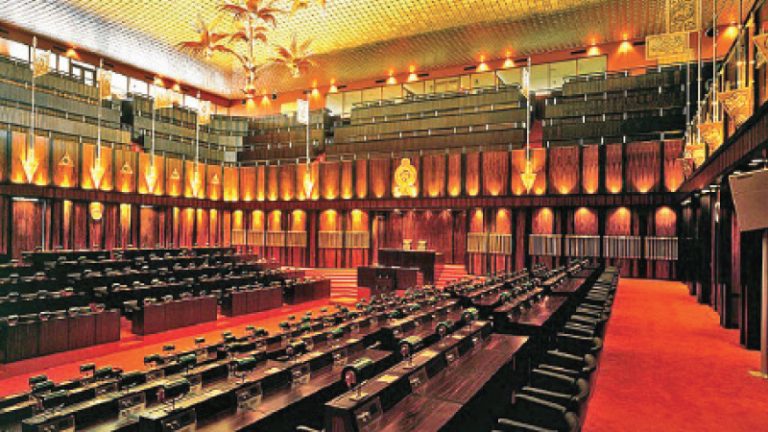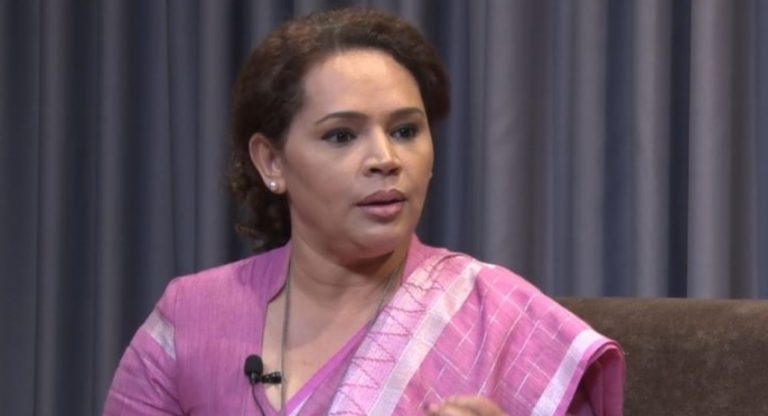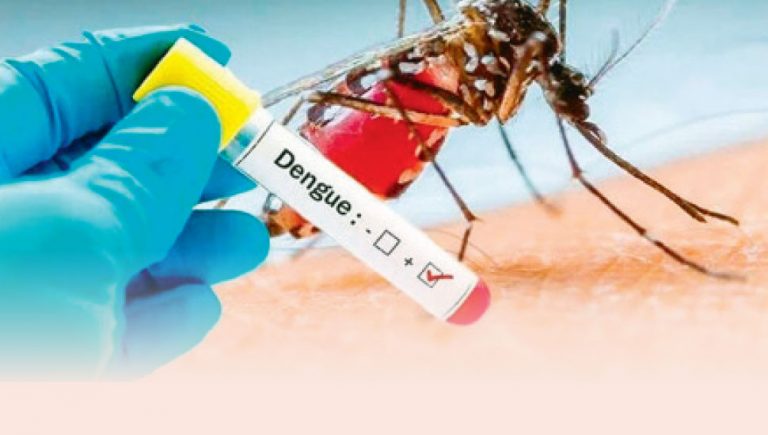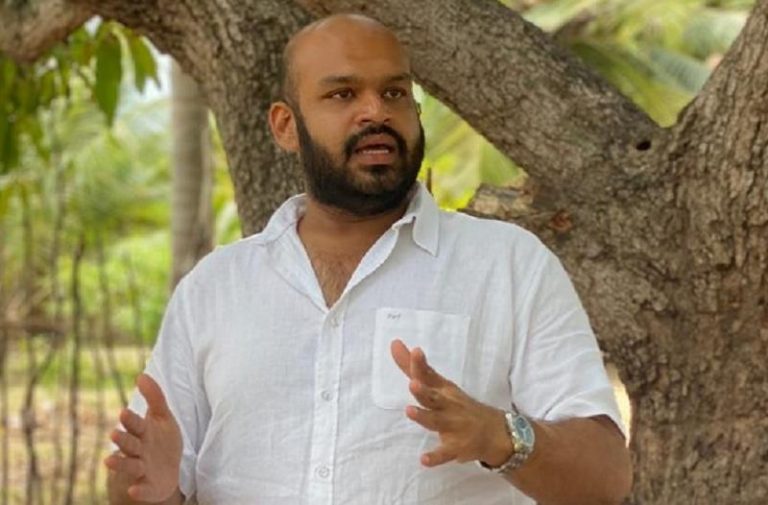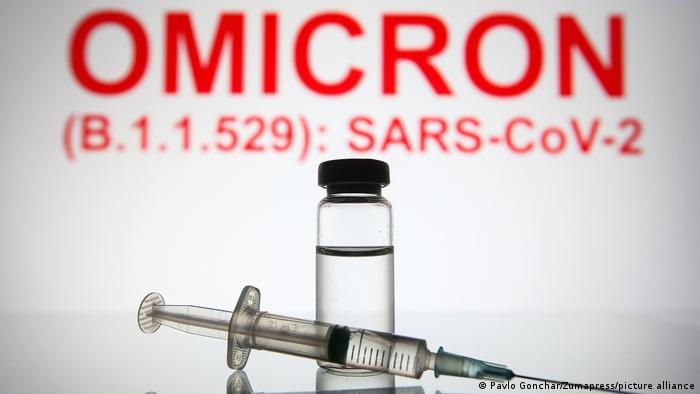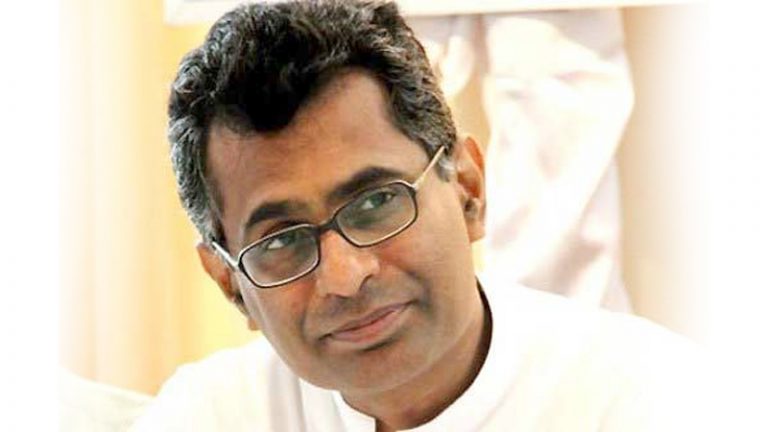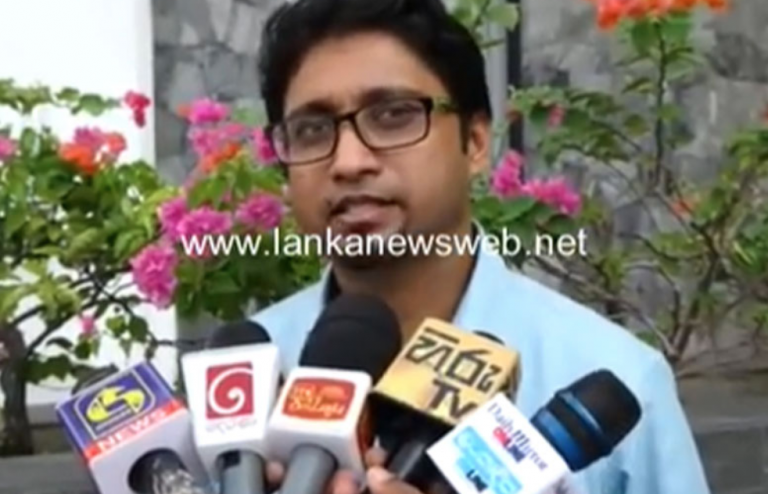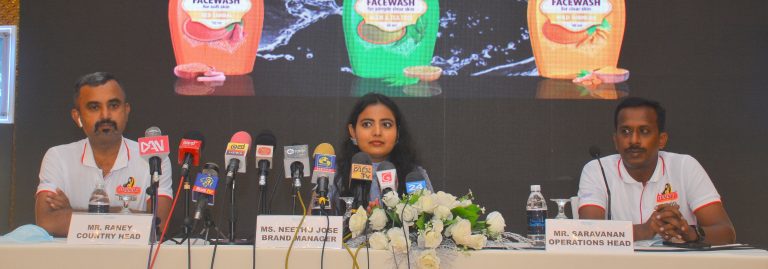Sri Lanka’s domestic debt is rising at an alarming rate forcing the government to introduce management reforms to ensure that the government’s financing needs are met at the lowest possible cost, the latest fiscal report of the Finance Ministry outlined.
Currently, the Public Debt Department of the Central Bank is handling debt servicing of around 656 foreign loans and a domestic debt portfolio of Rs.2. 13 trillion.
An effective mechanism is in place to monitor and debt service payment obligations on time. The annual and monthly debt forecasts are monitored by the Back Office staff and payment obligations are checked and approved by an internal committee, Finance Ministry sources said.
However proposed new reforms are consistent with a prudent degree of risk, and developing and strengthening the government securities market, while enhancing efficiency and maintaining stability, the report added.
Reforms that are planned to be undertaken in the near future in the area of debt management are, a debt consolidation programme, the formulation of debt management guidelines, the implementation of a risk management framework and the introduction of a domestic debt data module.
The domestic debt management strategy is decided by the Domestic Debt Management Committee comprising senior officials of both the Ministry of Finance and the Central Bank.
The Committee meets on a monthly basis and a market based strategy is adopted by considering market conditions, market appetite, monetary developments, inflation, government cash flow needs, the maturity profile and risks in the debt portfolio etc.
Information relating to domestic debt is maintained in an in-house developed computer based debt recording system. Information on the debt portfolio is disseminated to the general public and market participants weekly, monthly and annually.
Treasury Bonds, Treasury Bills, Sri Lanka Development Bonds (SLDBS) and Provisional Advance were the main sources of domestic borrowings of the Government.
According to latest statistics of the Finance Ministry, around 55 percent of the total domestic borrowings were raised by way of Treasury Bonds while 29 percent were raised by way of Treasury Bills and another 16 percent was raised by way of SLDBS and Provisional Advance of Central Bank in 2021.
The total borrowing limit approved by Parliament for the year 2021 amounted to Rs. 2.99 trillion, within which the utilization of Government borrowings (Book Value) for the period from 01st January to 31st August 2021 was recorded as Rs. 1.75 trillion.
Total borrowing utilization of domestic and foreign borrowings amounted to Rs. 1.47 trillion and Rs 282.3 billion, respectively as at 31st August 2021 to finance cash flow operations and development projects during the period.
Domestic borrowing accounts for almost 83.9 percent of the total borrowings during the first eight months of 2021.
The debt stock which was elevated due to the rise of the fiscal deficit however, saw a change in its dynamics in line with the announced Foreign Resource Mobilisation 2020-2025 strategy, whereby with the rationalisation of the foreign debt in the share of foreign debt has reduced to almost 40 percent from the highs of nearly 50 percent in 2019, Fiscal report revealed.
It is expected that such a path could be maintained, while also sourcing the required financing from multilateral and bilateral agencies which are provided at concessionary terms. At the same time, domestic financing will be sourced in particular to finance the public investment programme.


